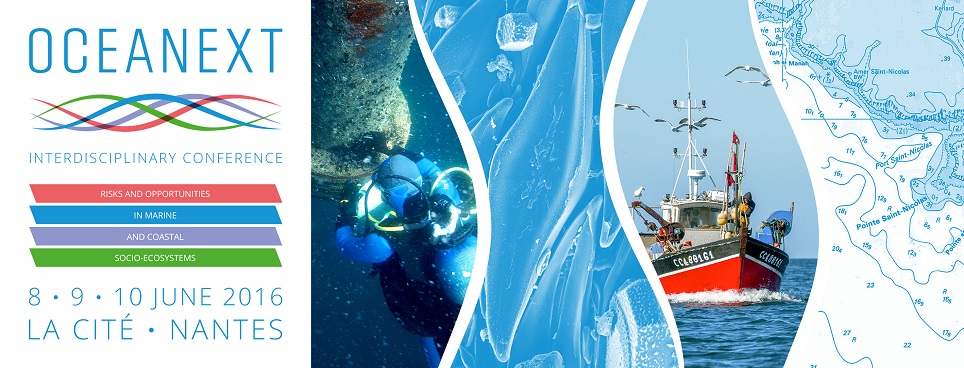Numerous intra- or extra-cellular molecules coming from microalgae as well as those released in the culture medium, such as proteins, polysaccharides, lipids could find applications in cosmetic, nutraceutic, human health, foof, feed, etc... Membrane ultrafiltration is an efficient process that can be used for the recovery and the purification of molecules without high molecule damages. Nevertheless, the ultrafiltration of biological extracts can be difficult due to the membrane fouling particularly in the presence of salts which promote the agglomeration of the molecules and change the interactions between the molecules and the membrane surface.
This study investigates the influence of operating conditions of micro/ultrafiltration on the performances of purification and concentration of Spirulina‘s extracts. Special emphasis is paid on the influence of the ionic environement (nature and concentration of the ionic species) on the recovery rate and concentration of polysaccharide and protein, the process productivity and the characterisation of the fouling.

 PDF version
PDF version
